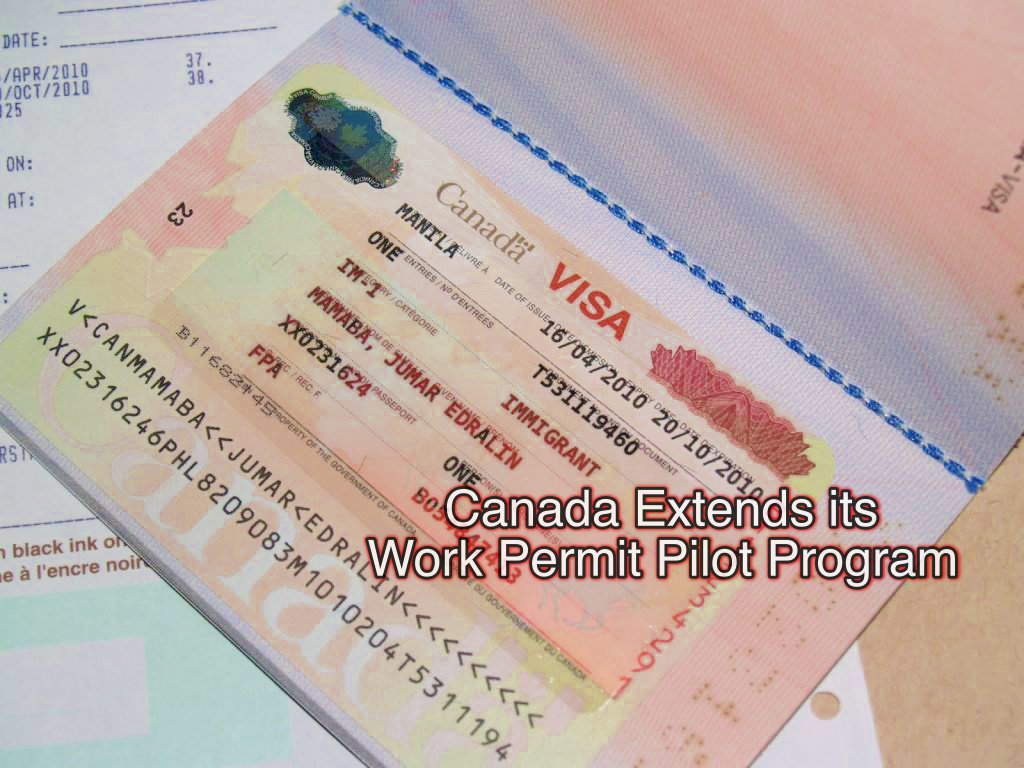Steps of Applying for Work Visa
Individuals who previously submitted their applications for permanent residence in Canada fall under a special category. They need to fill a special class document online before they send it to the Case Processing Center based in Vegreville. The following address is available for mailing purposes:
Case Processing Center – Vegreville
WP – Unit 777
PO Box 6212-55 Ave
Vegreville, AB
T9C 1X6
The application requirements also provide for individuals whose permanent resident application were approved without passage through medical assessment, background checks and security. While this class will apply online, immigrants who got their sponsored permanent residency before the extension of the program should apply for an extension permit.
Application via mail:
In-Canada Sponsorship
Case Processing Center – Mississauga
PO Box 5040, Station B
Mississagua, Ontario
L5A 3A4
Application via courier:
CPC – Mississauga
2 Robert Speck Parkway, Suite 300
Mississauga, Ontario
L4Z 1H8
Understanding the Canada Work Permit
The issuance of Canada work permit is conducted by the Immigration, Refugee, and Citizenship Canada (IRCC) under the Temporary Foreign Worker Program (TFWP). The motive of the program is for the government to help potential employers to identify qualified foreigners for job vacancies in under-labored industries.
Through TFWP, interested individuals can apply for work permits in four different categories depending on the skills they possess:
Skilled employees
Unskilled employees
Seasonal Agricultural Work Specialties
Domestic Caregiving Services
The Immigration, Refugee and Citizenship Canada (IRCC) collaborates with the Employment and Social Development Canada (ESDC) to ensure that upon getting a work permit, a foreign worker is not slotted in a work position designated for a Canadian citizen or an approved permanent resident. Any individual or entity wishing to employ a foreign worker must complete an application through the Labor Market Impact Assessment (LMIA).

Under special circumstances, a foreign worker can expend his/ her skills without an LMIA approval. The employer must convince TFWP that the move to higher the foreign worker will positively impact the country’s economy.
The International Mobility Program encompasses all types of occupations not subject to the LMIA requirements. Under its discretion, TFWP will issue the permission after determining that hiring a foreigner improves the greater economy, enriches the country’s cultural diversity. Secondly, the employee must have similar benefits as working Canadian citizens as well as permanent immigrants.






